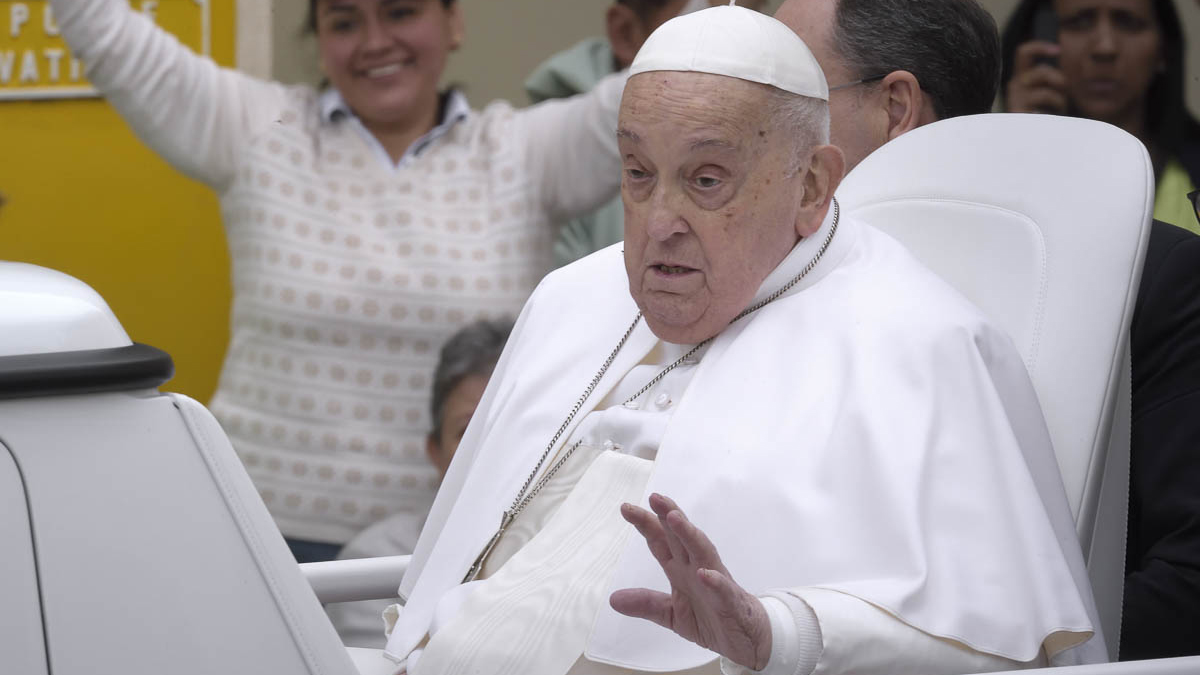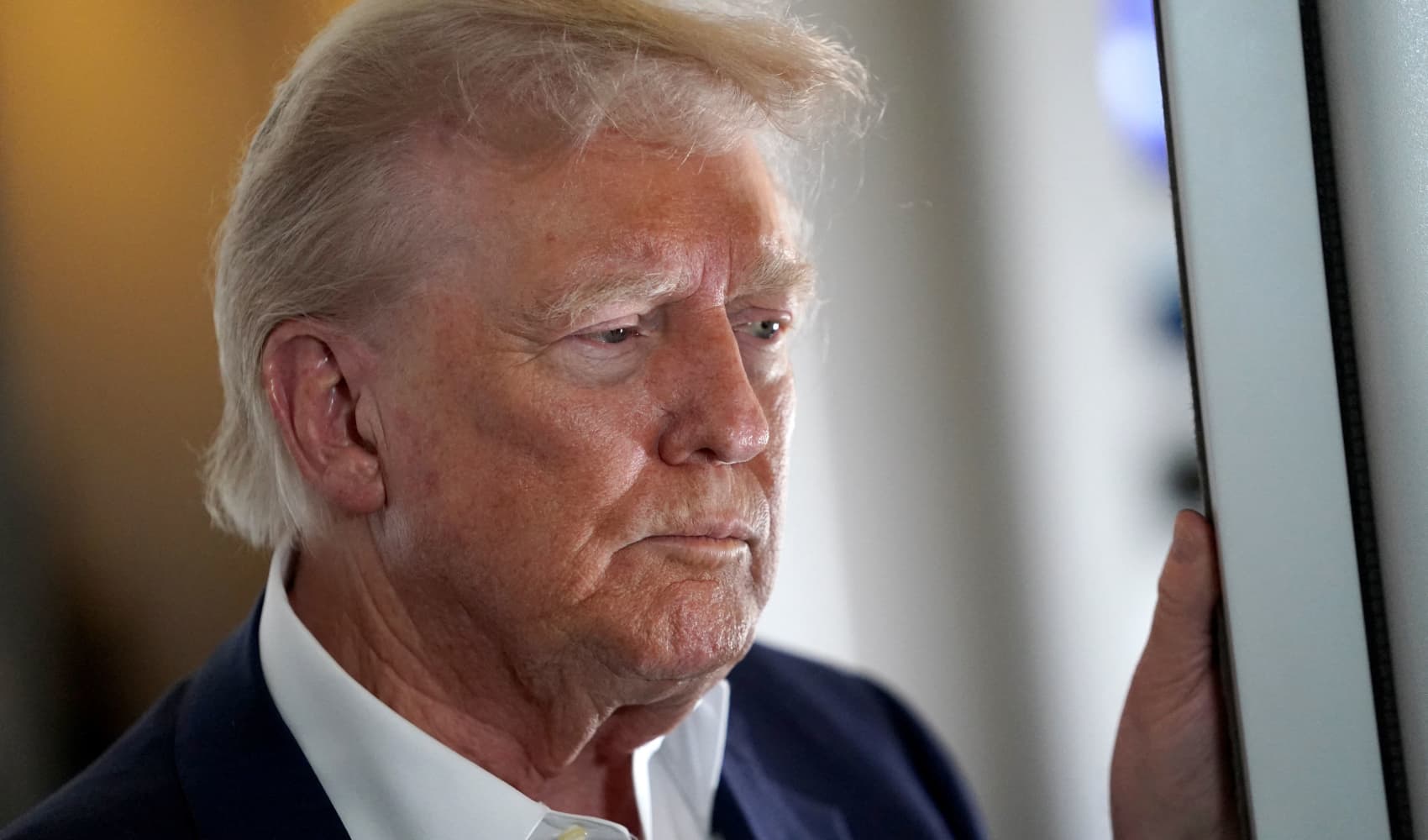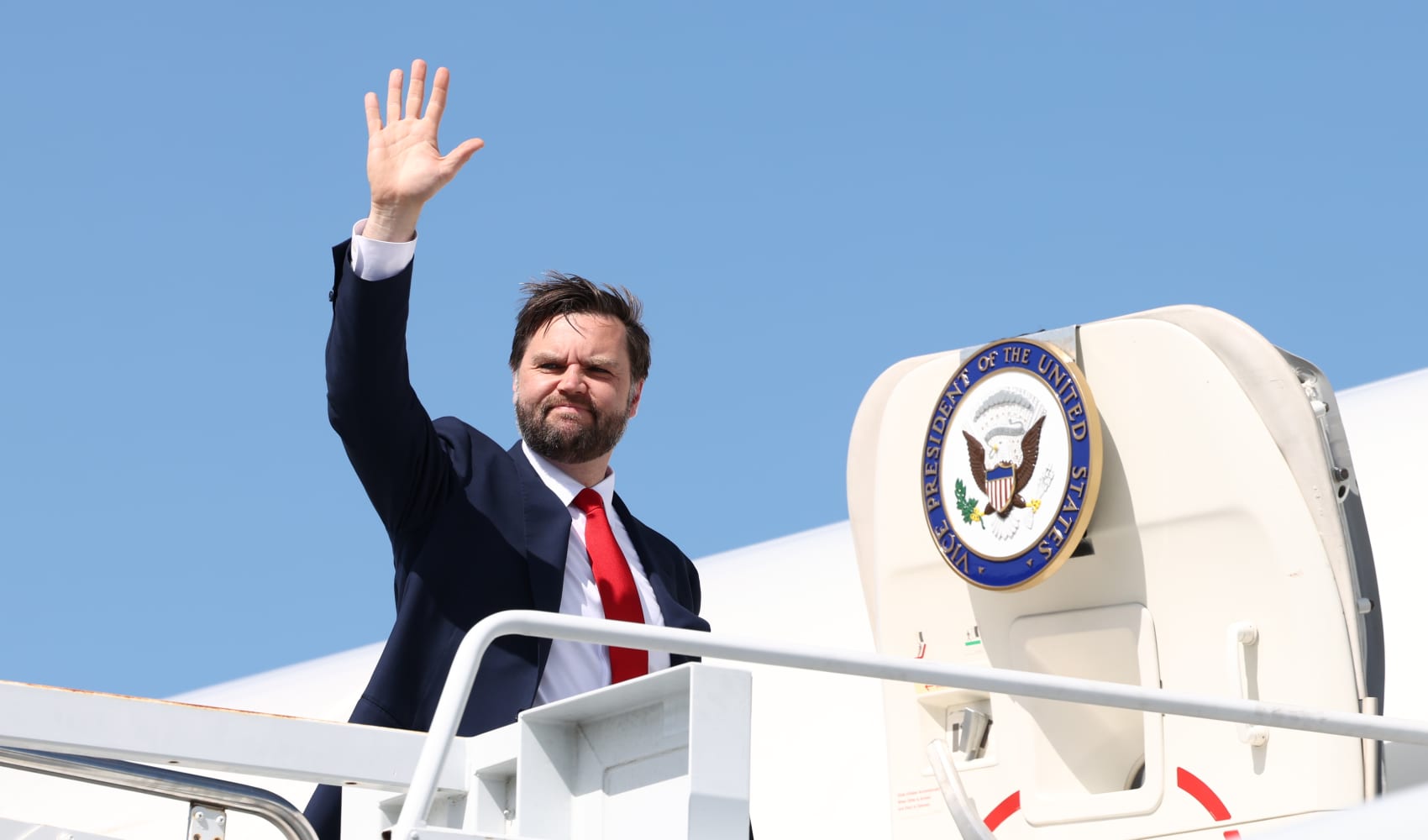Pope Francis' Last Message: 'Peace is Possible'
'Peace is Possible': Pope Francis' Final Message Echoes Hope
Introduction: A Parting Plea for Humanity
The world watched, holding its breath. On Easter Sunday, Pope Francis, a figure of hope for so many, delivered what would tragically be his last public address. At 88, his frail frame belied the strength of his message: "I would like us to renew our hope that peace is possible." These words, spoken from the loggia overlooking St. Peter's Square, resonate with a power that transcends religious boundaries. But what makes this message so significant, and what legacy does it leave behind?
The Easter Blessing: Urbi et Orbi
Despite not celebrating the Easter Mass in the piazza, Pope Francis’s presence on the balcony was a beacon. For over 20 minutes, he connected with the thousands gathered below, imparting the apostolic blessing in Latin. This wasn't just a formality; it was a deeply symbolic moment, a passing of the torch, if you will, a final act of service to his flock.
Urbi et Orbi: To the City and the World
The Urbi et Orbi blessing, meaning "to the city and the world," is a powerful papal address. It's a moment for the Pope to speak directly to humanity, to offer guidance and hope. This year, it carried an extra weight, knowing it would be his last.
A Call for Peace in a World Torn Apart
The heart of the Pope's message lay in his plea for peace. He didn't shy away from addressing the conflicts plaguing our world. Gaza, Ukraine, Congo, Myanmar – the names echoed with the pain and suffering of millions. But what made his appeal different? It wasn't just a general wish for peace; it was a deeply personal, heartfelt cry for an end to the violence.
Specific Conflicts, Specific Concerns
The Pope’s mention of specific regions wasn’t accidental. It highlighted the urgent need for resolution in these areas, reminding us that peace isn't a distant dream, but an active process requiring our attention and commitment.
The Vulnerable and Marginalized: A Constant Concern
Beyond the specific conflicts, Pope Francis made a pointed appeal for migrants and those affected by violence. "How much contempt is stirred up at times toward the vulnerable, the marginalized, and migrants!" he lamented. This wasn't a new theme for the Pope; he had consistently championed the cause of the marginalized throughout his papacy.
The Plight of Migrants: A Moral Imperative
His words served as a stark reminder of our shared humanity, urging us to see beyond borders and recognize the inherent dignity of every individual, regardless of their origin or circumstances. Is it truly so difficult to extend compassion to those in need?
Renewing Hope: A Challenge for the Future
The phrase "renew our hope that peace is possible" isn’t just a sentiment; it’s a call to action. It challenges us to actively work towards peace, to be peacemakers in our own communities, and to demand peace from our leaders.
Beyond Words: Concrete Actions for Peace
How can we translate this hope into concrete actions? It starts with empathy, with understanding, and with a willingness to engage in dialogue, even with those who hold opposing views. It requires us to challenge injustice and to advocate for the rights of the vulnerable.
The Legacy of Pope Francis: A Shepherd of the People
Pope Francis’s papacy has been marked by his humility, his compassion, and his unwavering commitment to social justice. He challenged the status quo, he spoke truth to power, and he always put the needs of the poor and marginalized first. This final message on Easter Sunday encapsulates his legacy perfectly.
A Pope of Firsts: Breaking Barriers and Building Bridges
He was the first Jesuit pope, the first from the Americas, and the first to take the name Francis, after St. Francis of Assisi, a symbol of poverty and simplicity. These choices were deliberate, reflecting his commitment to a more inclusive and compassionate Church.
The Power of Faith in a Troubled World
In a world often cynical and divided, Pope Francis offered a message of hope rooted in faith. He reminded us that even in the darkest of times, the light of hope can still shine through. But is faith enough? Of course not; it requires action, it requires courage, and it requires a willingness to believe in the impossible.
Faith and Action: A Symbiotic Relationship
Faith without works is dead, as the saying goes. Pope Francis exemplified this principle, consistently using his platform to advocate for change and to inspire others to do the same. He showed us that faith isn’t just about personal salvation; it’s about building a better world for all.
The Enduring Relevance of the Easter Message
While delivered on Easter Sunday, the message of hope and peace transcends the religious context. It’s a universal message that resonates with people of all faiths and backgrounds. Why? Because it speaks to our deepest longing for a world free from violence and injustice.
Easter: A Symbol of Renewal and Hope
Easter represents the resurrection of Christ, a symbol of new beginnings and the triumph of good over evil. Pope Francis chose this day to deliver his final message, reinforcing the idea that even in the face of death and despair, hope remains.
Remembering Pope Francis: More Than Just Words
His papacy was defined by more than just words; it was defined by his actions. He visited refugees, he embraced the sick, and he challenged the powerful. He showed us what it means to live a life of service, a life of compassion, and a life dedicated to the pursuit of peace.
A Global Leader, A Humble Servant
Despite his global influence, Pope Francis remained grounded in his humility. He eschewed the trappings of power, choosing instead to live a simple life and to connect with people on a personal level. He reminded us that true leadership comes from service, not from status.
A World Without Francis: Continuing the Mission
The world mourns the loss of Pope Francis, but his message of hope and peace must live on. It’s our responsibility to carry his torch, to continue his work, and to strive for a world where peace is not just a possibility, but a reality. Are we ready to accept that responsibility?
The Future of the Church and the World
The passing of Pope Francis marks a significant moment in history. It's a time for reflection, for mourning, and for looking ahead to the future. The challenges facing the world are immense, but the spirit of hope that he embodied can guide us forward.
Conclusion: A Legacy of Hope and Peace
Pope Francis’s last public message, "I would like us to renew our hope that peace is possible," is a powerful reminder of our shared humanity and our responsibility to work towards a more just and peaceful world. His legacy is one of compassion, humility, and unwavering faith. Let us honor his memory by continuing his mission of hope and peace for all.
Frequently Asked Questions
Here are some frequently asked questions about Pope Francis's last message and his legacy:
-
What was the main message of Pope Francis's final Urbi et Orbi blessing?
The core message was a renewed call for hope that peace is possible, particularly in regions affected by conflict like Gaza, Ukraine, Congo, and Myanmar. He also emphasized the need for compassion towards migrants and the marginalized.
-
Why is Pope Francis's advocacy for migrants so significant?
His consistent championing of migrants highlights the importance of recognizing the inherent dignity of every individual, regardless of their origin or circumstances. He challenged the growing contempt and prejudice often directed towards vulnerable populations.
-
How can we translate Pope Francis's message of hope into concrete action?
We can translate his message into action through empathy, understanding, dialogue, challenging injustice, and advocating for the rights of the vulnerable in our own communities and beyond.
-
What are some of the defining characteristics of Pope Francis's papacy?
His papacy was marked by humility, compassion, a commitment to social justice, challenging the status quo, and prioritizing the needs of the poor and marginalized.
-
What lasting impact did Pope Francis leave on the Catholic Church and the world?
He left a legacy of promoting inclusivity, compassion, and a focus on social justice. He inspired people of all faiths to strive for a more peaceful and equitable world, reminding us that even in the darkest times, hope endures.








